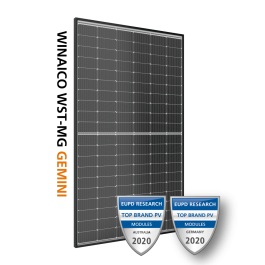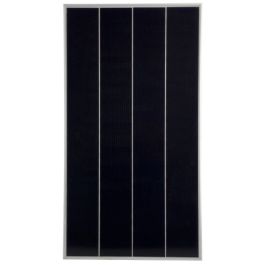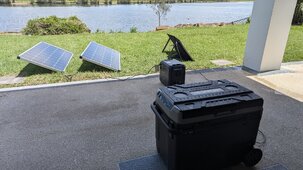OzSteve
New Member
Hi all,
I'm really new to this, I have a Bluetti AC180 but want to build a small system to run a full sized fridge/TV/Lights at home. Not mobile
My issue is, wiring and what level of product (like MPPT and so on)
Here is what I am thinking:
2x 200Ah Lifepo4 batteries (I can run 2 in series, or 4 in parallel, what's better? or would I need 2x 300Ah?)
Renogy 2000w Pure Sine Wave Inverter Charger
upto 1kW of solar panels (and again, need to know what panels I can use)
Looking at a Victron MPPT (just unsure on size)
Is there anything else I'll need? I'd like a screen to monitor (or something I can use on a PC/Pi)
Then comes the wiring types/thickness and fuses and so on that I'll need. All this will be mounted in a 22u rack.
Oh, I am in Australia so some other recommendations might not be available here. I'd like to stick to Victron or Renogy
Thanks in advance
I'm really new to this, I have a Bluetti AC180 but want to build a small system to run a full sized fridge/TV/Lights at home. Not mobile
My issue is, wiring and what level of product (like MPPT and so on)
Here is what I am thinking:
2x 200Ah Lifepo4 batteries (I can run 2 in series, or 4 in parallel, what's better? or would I need 2x 300Ah?)
Renogy 2000w Pure Sine Wave Inverter Charger
upto 1kW of solar panels (and again, need to know what panels I can use)
Looking at a Victron MPPT (just unsure on size)
Is there anything else I'll need? I'd like a screen to monitor (or something I can use on a PC/Pi)
Then comes the wiring types/thickness and fuses and so on that I'll need. All this will be mounted in a 22u rack.
Oh, I am in Australia so some other recommendations might not be available here. I'd like to stick to Victron or Renogy
Thanks in advance





